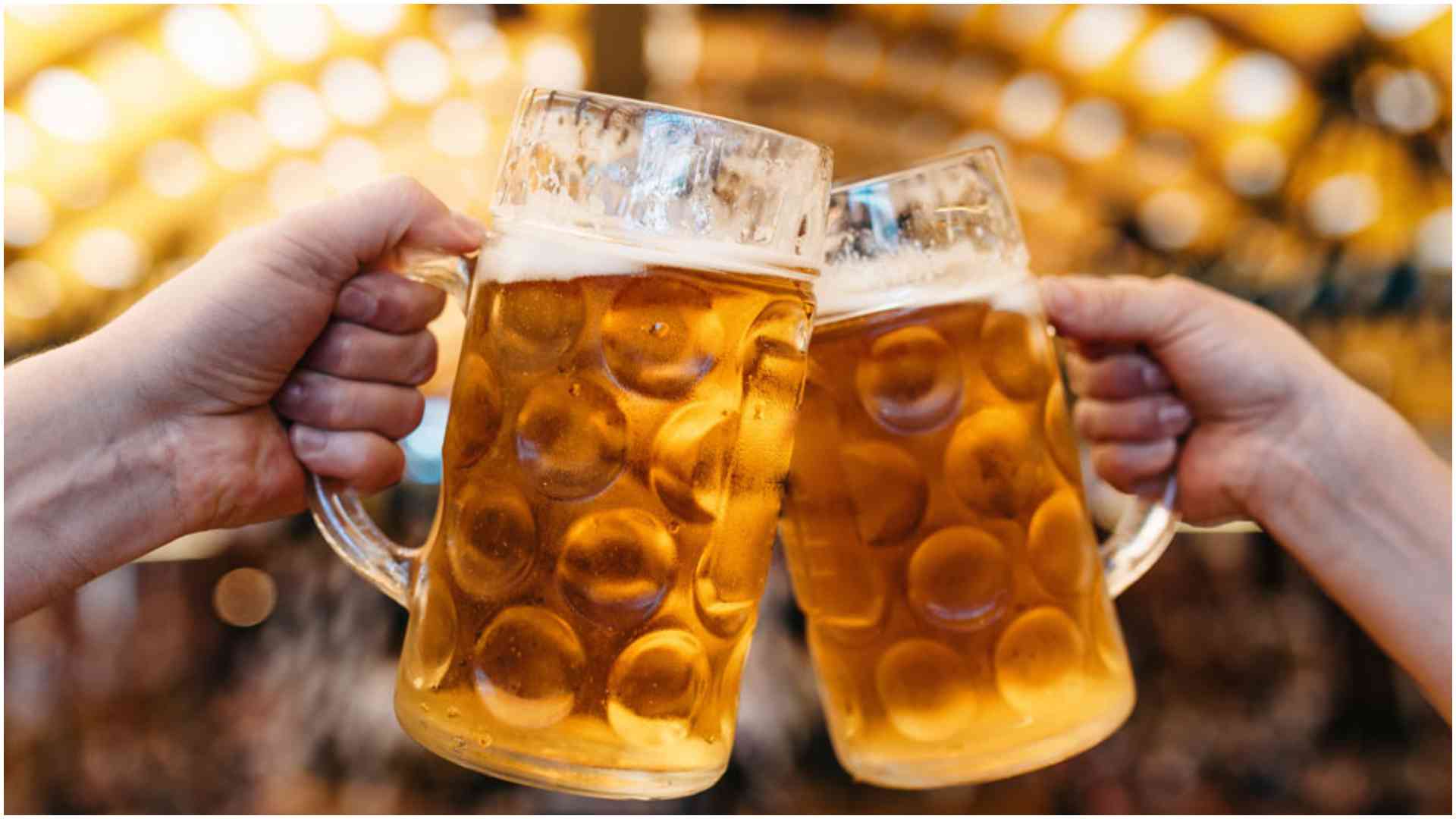In a headline-making move, Saudi Arabia has announced it will allow the controlled sale and consumption of alcohol starting in 2026, a seismic shift for a country long known for its strict ban on booze.
This historic change is part of the Kingdom’s ambitious Vision 2030, aimed at transforming Saudi Arabia into a global tourism and business hotspot just in time for two massive events on the calendar: Expo 2030 and the FIFA World Cup 2034.
But do not expect to find bars on every street corner. The rollout will be carefully limited to around 600 designated venues; mostly luxury hotels, exclusive resorts, and newly developed tourist hubs like Neom, the futuristic mega-city; the ultra-luxurious Sindalah Island; and the glitzy Red Sea Project.
The alcohol list will include beer, wine, and cider, but stronger spirits like vodka, whiskey, and tequila will remain off-limits for now. Importantly, private homes, public places, and shops will stay dry, and personal alcohol production is still banned.
The government has made it clear: this is not an invitation for wild partying but a calculated move to attract international guests while preserving cultural values.
Licensed venues will need specially trained staff, and strict operational guidelines will ensure that alcohol is served “responsibly and respectfully.”
A government statement stressed that the plan’s goal is to “welcome the world without losing cultural identity; positioning Saudi Arabia as a progressive, yet respectful player on the global tourism map.”
Behind the scenes, insiders reveal that Saudi Arabia is taking notes from neighboring Dubai and Manama, where tightly controlled alcohol policies have successfully boosted tourism and business without clashing with tradition.
With the clock ticking toward the World Cup kickoff in 2034, Saudi Arabia is under increasing pressure to modernise its global image. This alcohol rollout signals a bold new chapter, one where the Kingdom is ready to mix global flair with local pride.


